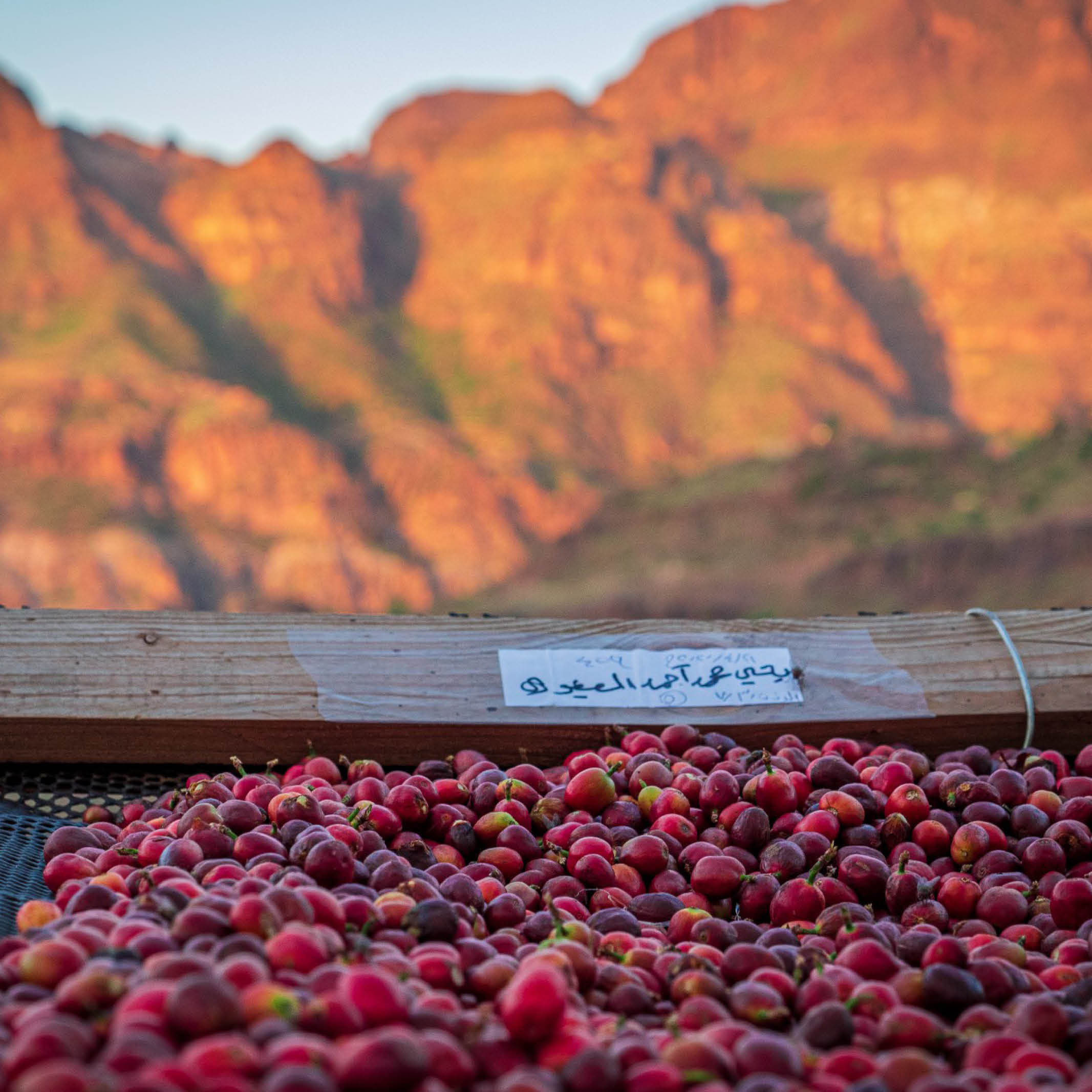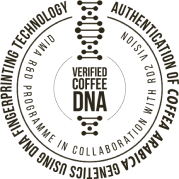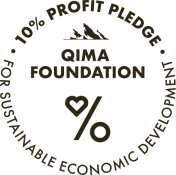


1.
Muhammad Zidan
Jury code : 1425

jury score :
90.20
Genetics :
Yemenia
Process :
Natural
lot size :
37.00LBS
traceability
VILLAGE :Bani Ofair
REGION : Ans
GOVERNORATE : Dhamar
ALTITUDE :1800-2000masl

FLAVOUR PROFILE
Floral, Plum, Blueberry, Jasmine, Vanilla Cream
Story Behind the Coffee
<p>Muhammad Zidan is 60 years old, and hails from Bani Ofair in the Ans region of Dhamar.</p><p><br></p><p>Farming was his family occupation. He saw his grandfather, and his father and brothers after him, take over the profession. Naturally, everything Zidan knows about coffee cultivation came to him as heirloom from his elders. He reminisces about the days when agriculture was a profitable and loveable profession, and brings that enthusiasm to his work regularly.</p><p><br></p><p>“We oversee this place, and actively encourage our community members to plant coffee trees.” </p><p><br></p><p>To Zidan, today’s challenges, including opaqueness with suppliers, lack of capital flow and reliable public infrastructure – like roads and drainage systems – are hard systemic issues to solve.</p><p><br></p><p>“The rain this year was heavy and torrential. The roads were cut off or closed. In such moments, we cannot transport foodstuffs by cars or animals, so we have to carry them ourselves on our backs.”</p><p><br></p><p>The financial problems closer home hit harder. “The return is very low these days. We are unable to reinvest what we get even to source materials. The prices offered for our coffee are very low. Farming is a very intensive job, but what we’re currently getting is nowhere close to the effort we are putting in. We want the companies to be honest with us, raise prices for us, and build an honest relationship between us.”</p><p><br></p><p>Zidan’s deep love and diligent care for his coffee crops is infectious. Upon further questioning, he smiles. “No matter what happens, I will not lose hope or get lazy with work. We do need the money because it motivates and incentivises everyone to work, and adds to the excitement. But that said, we will persevere at our end to increase coffee production on our farms. I want to perform the Pilgrimage, and save enough to get my children married.”</p><p>In conclusion, Zidan advises his fellow farmers to ensure they are following the correct methods in cultivation throughout – pre-harvest to post-harvest. He especially mentions removing damaged coffee trees to avoid the risk of spoiling the crops. “We only have coffee, so take care of it”.</p><p><br></p><p><br></p><p>For the customers receiving his beans, he adds, “We do not use any harmful fertilizers; our coffee is pure and natural. The coffee we grow has been taken care of every step of the way. It is a labour of love”.</p><p><br></p>


